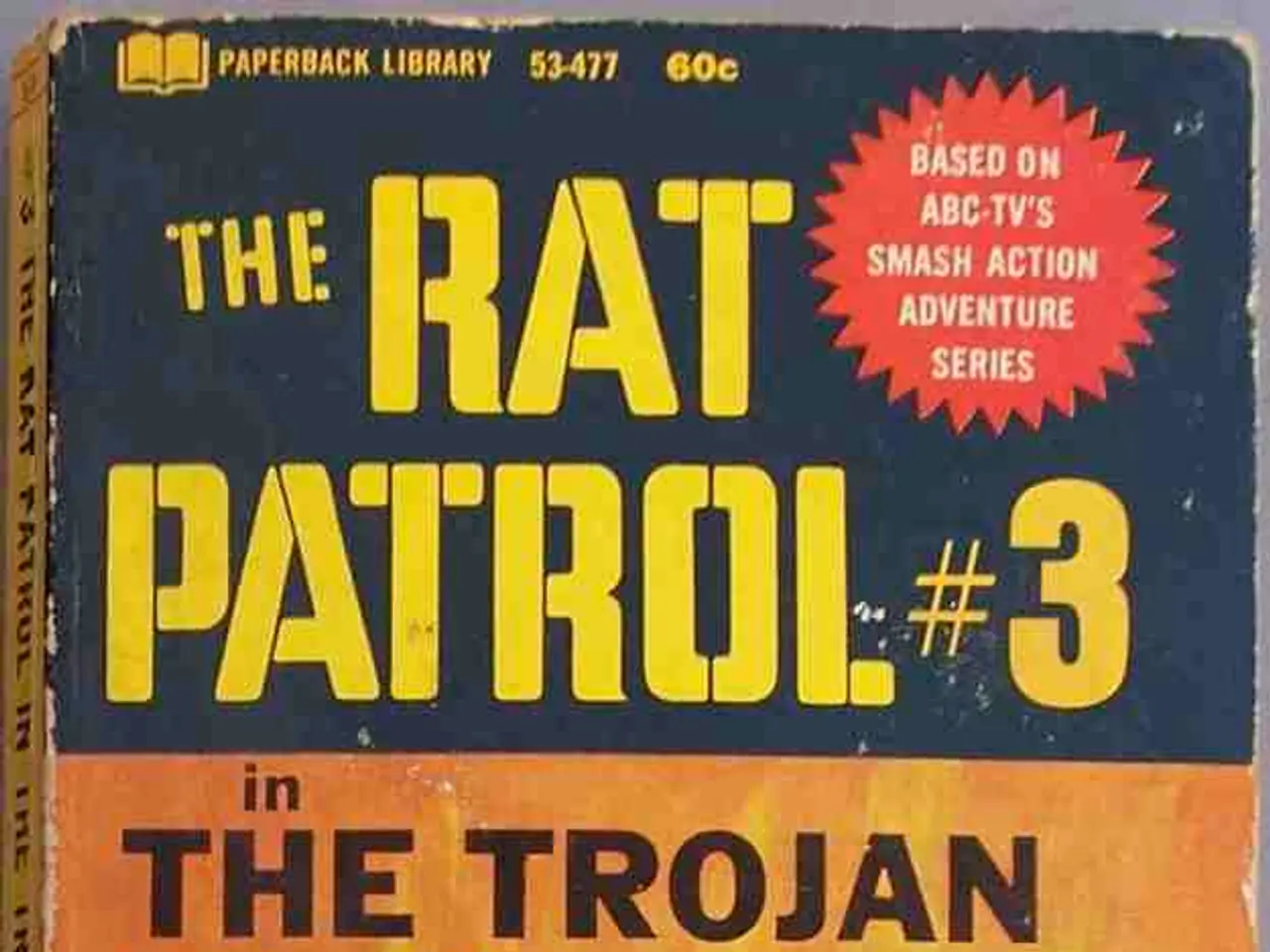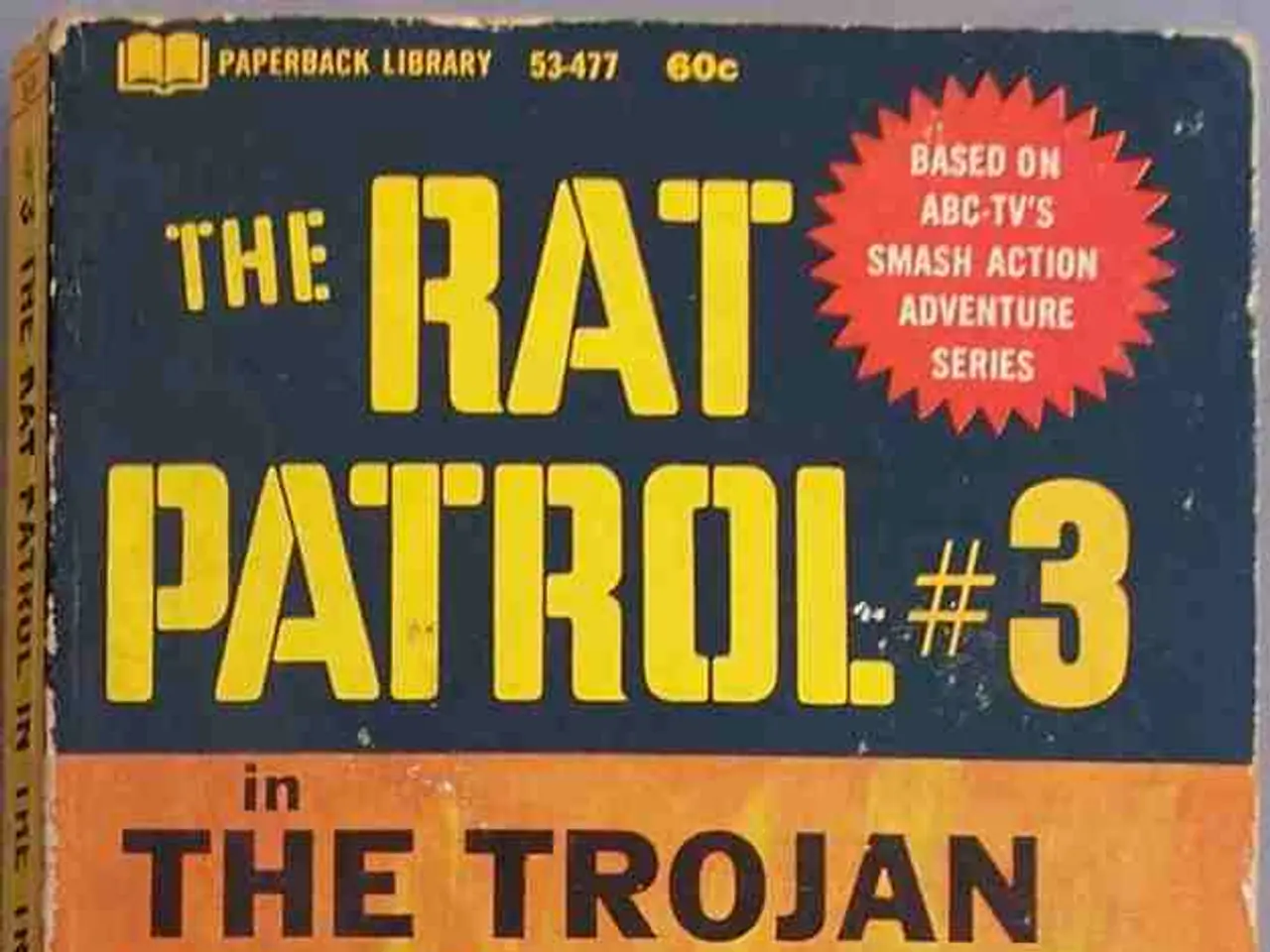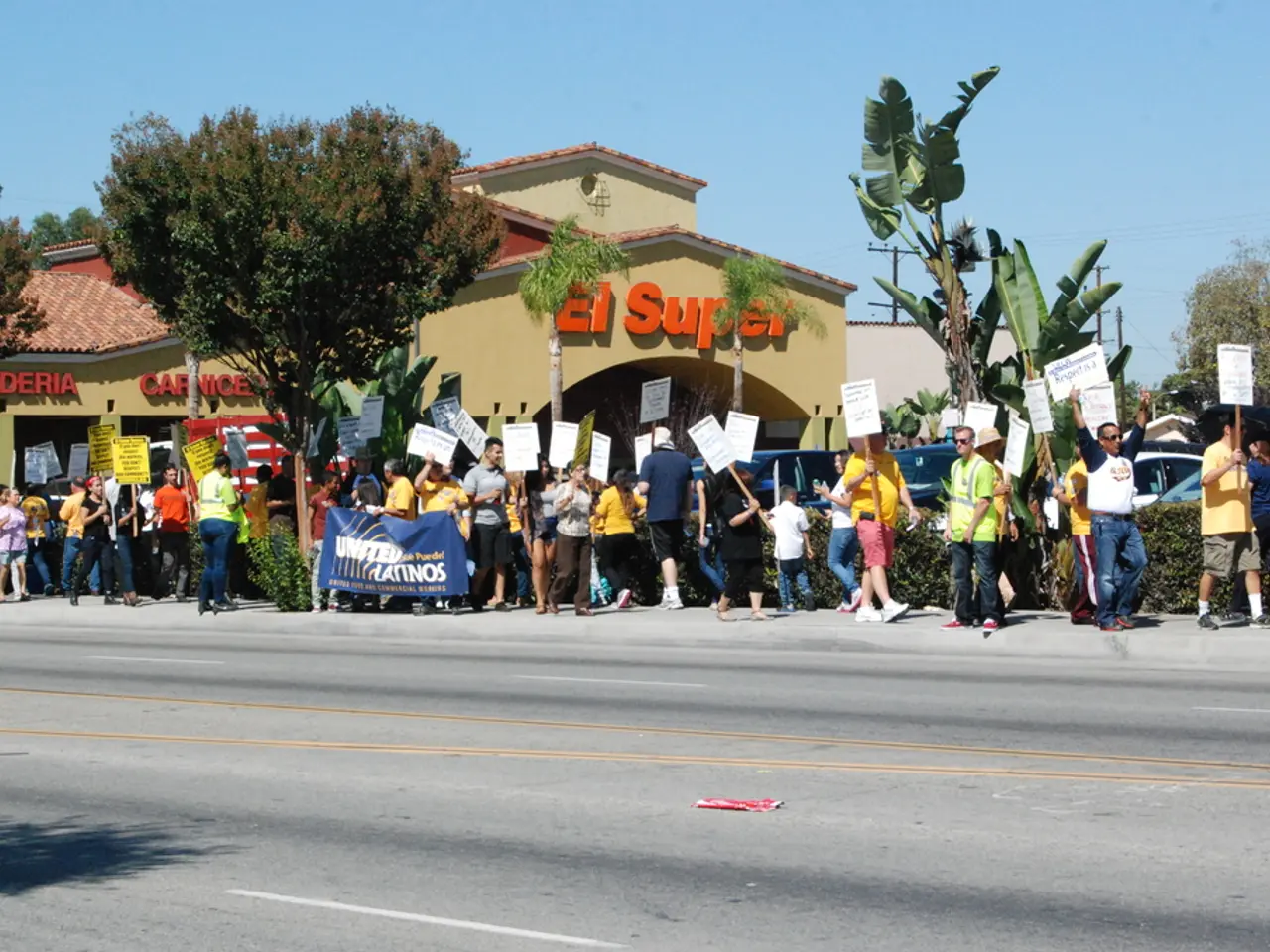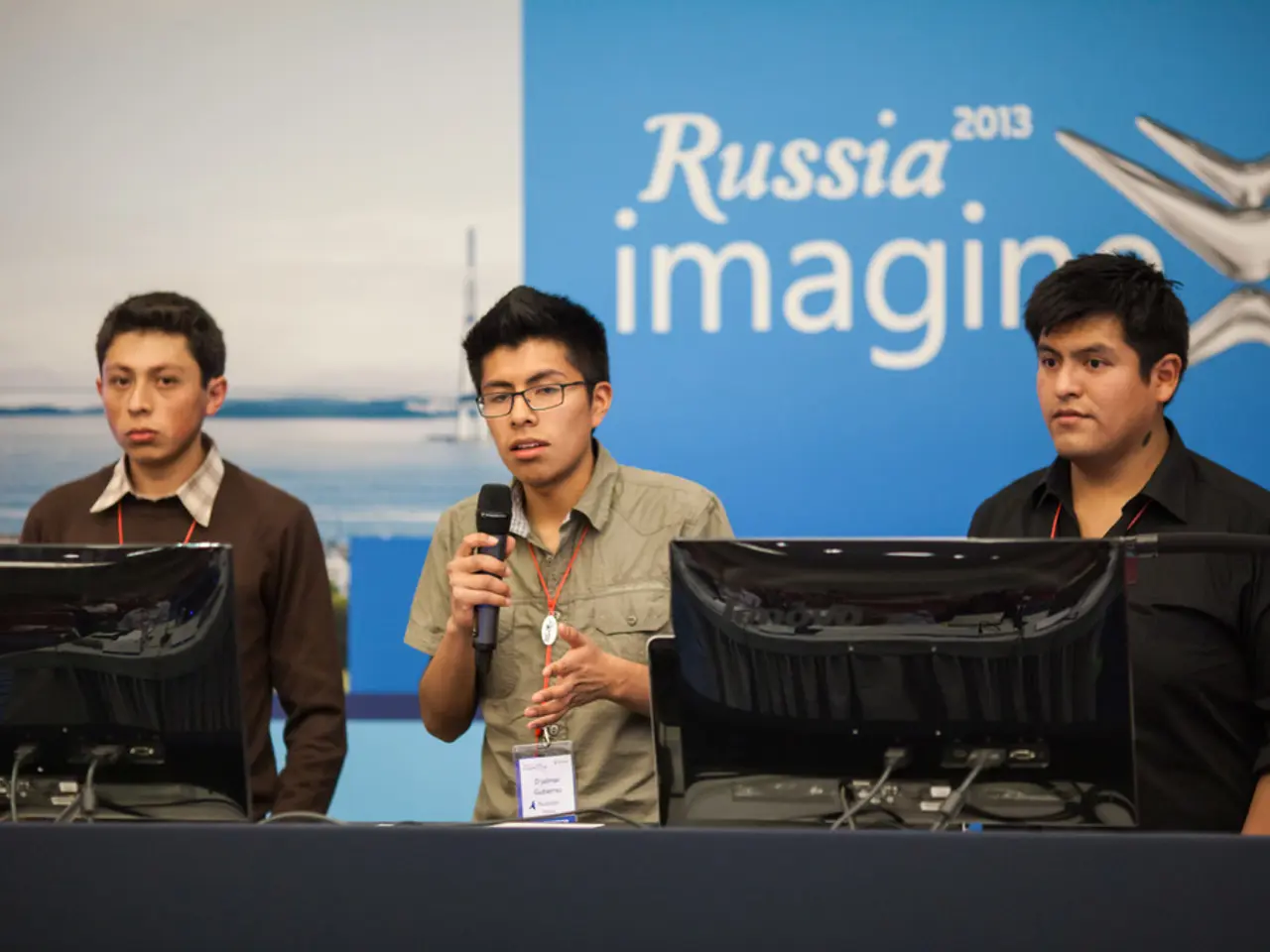Reinforced endorsement of French advocacy for Palestine
The French government has announced its intention to recognize the State of Palestine at the upcoming UN General Assembly in September, joining over 140 UN member countries that have already done so [1][2]. This recognition is seen as a reaffirmation of the Palestinians' right to self-determination and homeland, consistent with France's long-standing support for a two-state solution with Israel.
France's decision to recognize Palestine carries both symbolic and practical implications. Formally recognizing Palestine at the UN level signals increased diplomatic support for Palestinian sovereignty and could facilitate formal diplomatic ties, economic relations, and broader international legitimacy for Palestine [2]. However, some analysts argue that recognition alone does not immediately alter the realities on the ground in the Israeli-Palestinian conflict but rather contributes to the international pressure and political context shaping future negotiations [2].
The Israeli-Palestinian conflict has been a long-standing issue, and France's move is a step towards breaking the deadlock. The absence of any perspective has served the extremes for years, and France's initiative aims to reintroduce politics into the conflict [3]. This move may encourage other countries to follow suit and could influence international discourse, but is unlikely to directly resolve the conflict without further substantive negotiations [1][2].
The creation of the Palestinian Authority in 1993, through the Oslo Accords, was intended to accompany a peace process. However, the current situation in the West Bank and Gaza Strip raises questions about the role and effectiveness of the Palestinian Authority [4]. The Israeli centrist parties recently abstained from voting on a territory (West Bank) that Israel cannot claim any right over, as it was conquered militarily in 1967 and colonized by force [5].
The Israeli-American organization tasked with strengthening Israel's grip on Gaza has been responsible for notoriously insufficient food distributions that resulted in bloodbaths [6]. Moreover, Israel has chosen escalation in the Israeli-Palestinian conflict, invoking ethnic cleansing and using the weapon of hunger [7]. It is important to note that Israel controls all access to the Gaza Strip and is solely accountable for the global outrage caused by the fate of its inhabitants [8].
The Palestinian Authority's removal and refounding is being reaffirmed, with the intent to restore its original purpose as a companion to a peace process [9]. Arab countries could also contribute to rebuilding Gaza and offering its inhabitants a glimmer of hope once the guns fall silent [10]. However, voices that criticize initiatives aimed at resolving the conflict persist, leading to a dead end [11].
In response to Prime Minister Mark Carney's declaration in favor of recognizing Palestine, Donald Trump made threats against Canada [12]. The refusal to exert significant pressure on Benjamin Netanyahu is evident in these threats [13]. France's initiative to recognize the State of Palestine has sparked outrage, with some voices criticizing Emmanuel Macron's initiative as leading down a dead end [14].
In conclusion, France's recognition of Palestine is a significant step towards peace in the Middle East. It signals increased diplomatic support for Palestinian sovereignty and could facilitate formal diplomatic ties, economic relations, and broader international legitimacy for Palestine. However, the conflict's resolution requires further substantive negotiations and the commitment of all parties involved.
References: 1. BBC News. (2025, July 24). France to recognise Palestine at UN. [online] Available at: https://www.bbc.com/news/world-middle-east-55388281 2. Al Jazeera. (2025, July 24). France to recognise Palestine as state at UN. [online] Available at: https://www.aljazeera.com/news/2025/7/24/france-to-recognise-palestine-as-state-at-un 3. Le Monde. (2025, July 24). France prépare la reconnaissance de l’État de Palestine. [online] Available at: https://www.lemonde.fr/politiques/article/2025/07/24/france-prepare-la-reconnaissance-de-l-etat-de-palestine_6090352_3224.html 4. The Guardian. (1993, September 13). Oslo Accords: What are they and what do they mean? [online] Available at: https://www.theguardian.com/world/2013/sep/13/oslo-accords-what-are-they-what-do-they-mean 5. Haaretz. (2025, July 26). Israeli centrist parties abstain from vote on West Bank annexation. [online] Available at: https://www.haaretz.com/israel-news/politics/.premium-israeli-centrist-parties-abstain-from-vote-on-west-bank-annexation-1.100629314 6. The Electronic Intifada. (2025, August 3). Israel's grip on Gaza: How the U.S.-funded NGO responsible for notoriously insufficient food distributions led to a bloodbath. [online] Available at: https://electronicintifada.net/content/israels-grip-gaza-how-us-funded-ngo-responsible-notoriously-insufficient-food-distributions-led/31438 7. Middle East Eye. (2025, August 10). Israel's escalation in Gaza: Ethnic cleansing by starvation. [online] Available at: https://www.middleeasteye.net/opinion/israels-escalation-gaza-ethnic-cleansing-starvation 8. The New York Times. (2025, August 15). Israel controls all access to Gaza, and is solely accountable for the global outrage caused by the fate of its inhabitants. [online] Available at: https://www.nytimes.com/2025/08/15/world/middleeast/israel-gaza-blockade.html 9. The Jerusalem Post. (2025, August 20). The removal of the Palestinian Authority is reaffirmed, with the intent to refound it. [online] Available at: https://www.jpost.com/middle-east/palestinians/the-removal-of-the-palestinian-authority-is-reaffirmed-with-the-intent-to-refound-it-679093 10. Al Arabiya. (2025, August 25). Arab countries could contribute to rebuilding Gaza and offering its inhabitants a glimmer of hope once the guns fall silent. [online] Available at: https://english.alarabiya.net/en/features/2025/08/25/Arab-countries-could-contribute-to-rebuilding-Gaza-and-offering-its-inhabitants-a-glimmer-of-hope-once-the-guns-fall-silent 11. The Washington Post. (2025, August 30). Voices in France and abroad that have criticized Emmanuel Macron's initiative have no other project than to persist in the dead end. [online] Available at: https://www.washingtonpost.com/world/europe/voices-in-france-and-abroad-that-have-criticized-emmanuel-macrons-initiative-have-no-other-project-than-to-persist-in-the-dead-end/2025/08/30/5e84e3a0-b944-11eb-86d1-66122c02566e_story.html 12. CBC News. (2025, September 2). Donald Trump made threats against Canada following Prime Minister Mark Carney's declaration in favor of recognizing Palestine. [online] Available at: https://www.cbc.ca/news/politics/trump-threatens-canada-carney-palestine-1.5664437 13. The Globe and Mail. (2025, September 4). The dead end in the Israeli-Palestinian conflict persists due to the voices that criticize initiatives aimed at resolving the conflict. [online] Available at: https://www.theglobeandmail.com/canada/article-the-dead-end-in-the-israeli-palestinian-conflict-persists-due-to-the/ 14. Le Figaro. (2025, September 9). France's initiative to recognize the State of Palestine has sparked outrage. [online] Available at: https://www.lefigaro.fr/international/2025/09/09/01003-20250909ARTFIG00130-la-france-prepare-la-reconnaissance-de-l-etat-de-palestine-et-elle-declenche-la-colere.php
France's recognition of Palestine in the UN General Assembly could lead to increased international politics surrounding the Israeli-Palestinian conflict, as it might encourage other countries to follow suit and influence international discussions. Despite this, the resolution of war-and-conflicts in the region requires substantial negotiations and cooperation among all parties involved, with practical implications for formal diplomatic ties, economic relations, and broader international legitimacy for Palestine. It is essential to recognize that politics must play a role in easing the deadlock of the Israeli-Palestinian conflict, which has remained a significant general-news topic for years.








